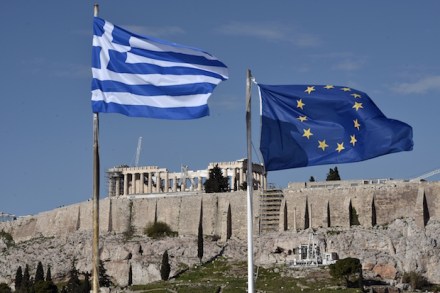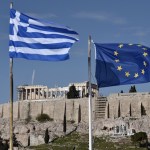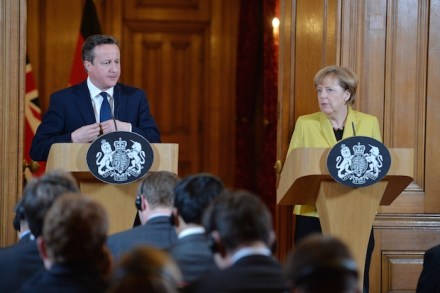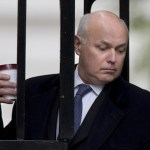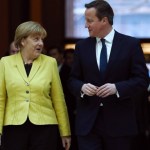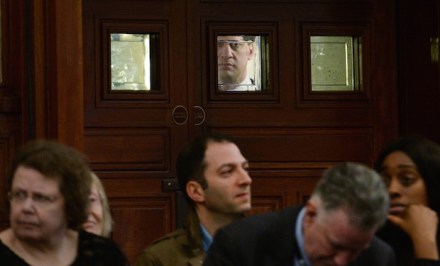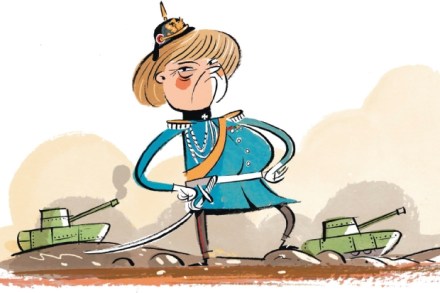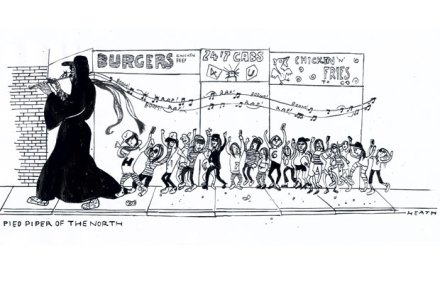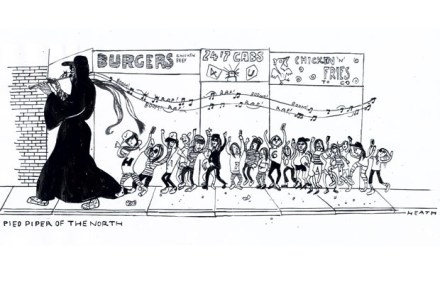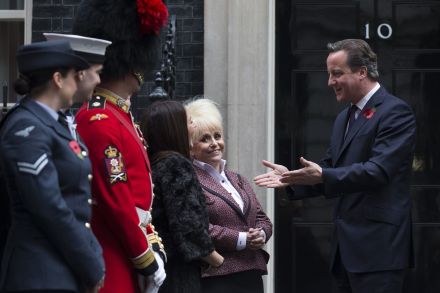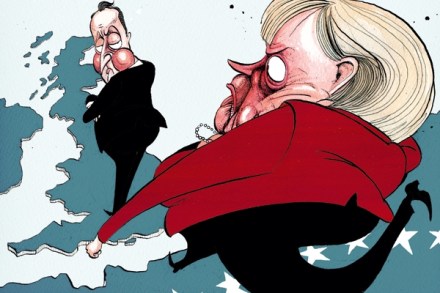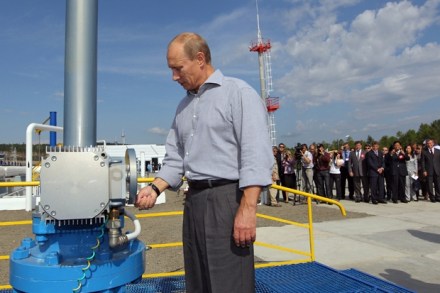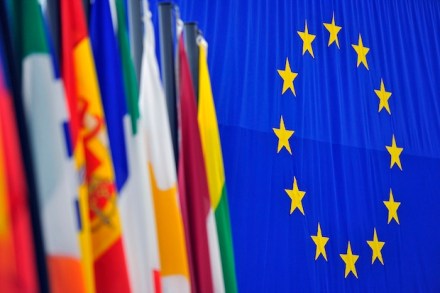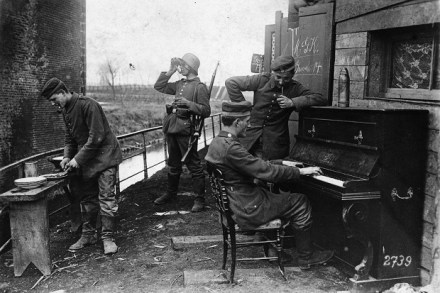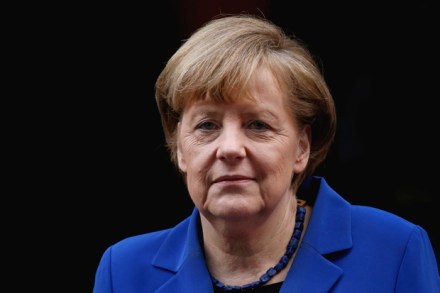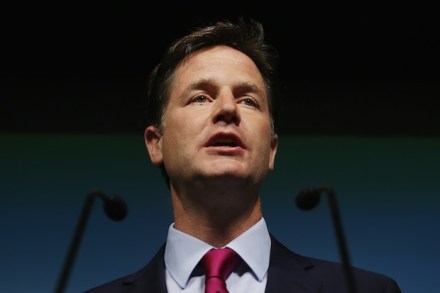A Syriza majority will put Athens and Berlin on a collision course
The next set of exit polls are now out from Greece and they, again, show Syriza pulling off a spectacular victory. Their lead might even be just enough to see them win an overall majority; the poll estimates that they will win between 148 and 154 seats in the 300 seat parliament. If Syriza do win outright, they will have no justification to voters for watering down their demands to the rest of the Eurozone. They will have a clear mandate to push for the debt restructuring that they want. But Berlin is not going to be in any mood to grant concessions. Angela Merkel is already deeply unhappy about
